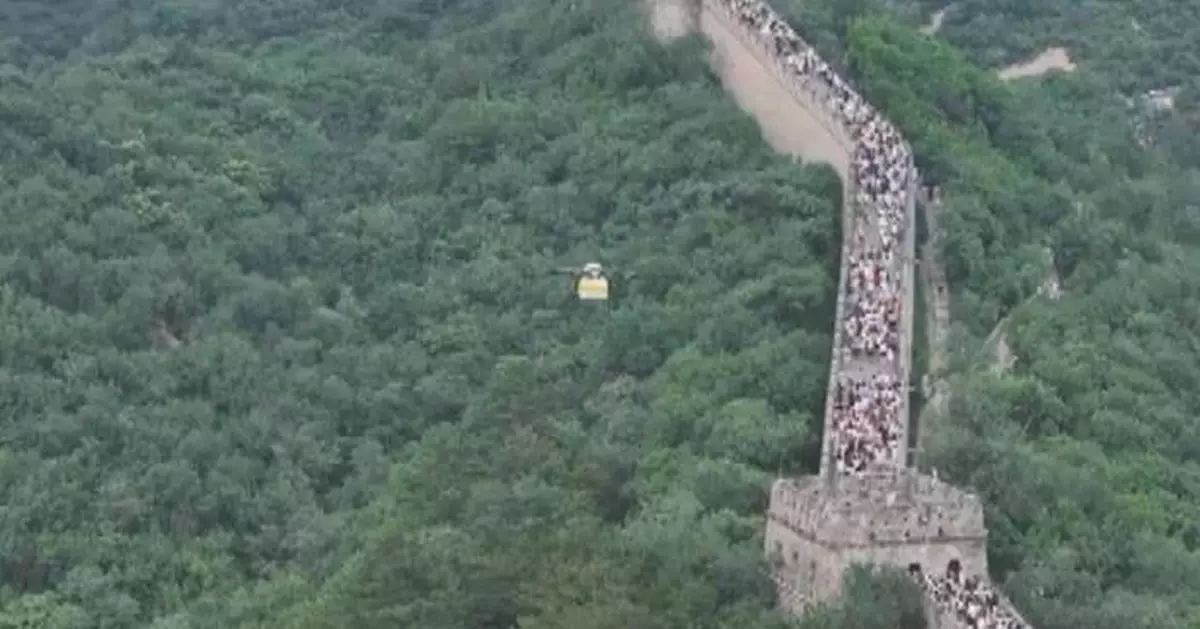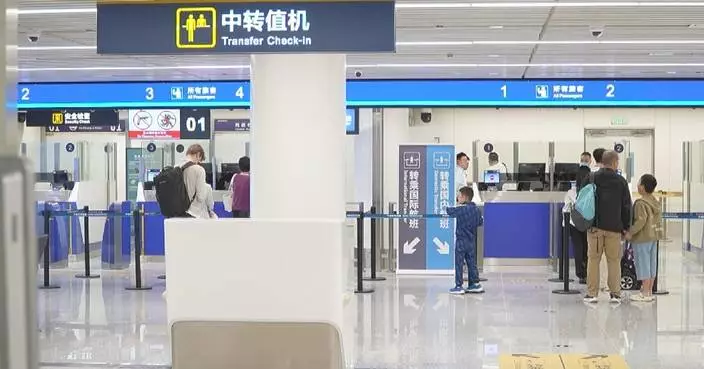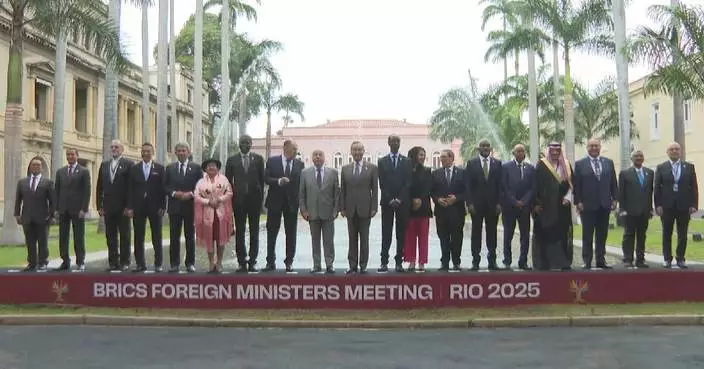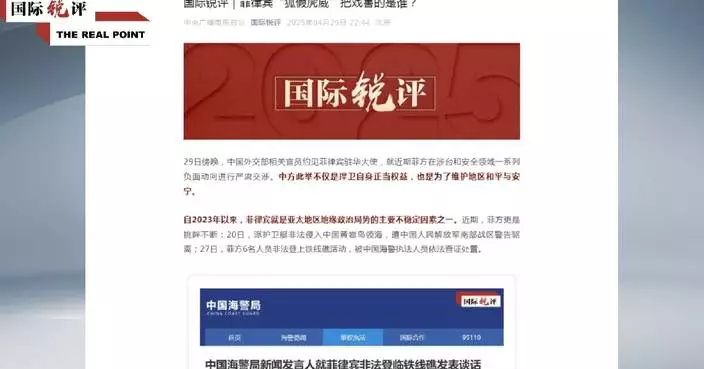Driven by new technologies, smart tourism has become a buzzword in China's tourism industry, attracting more and more global tourists.
An increasing number of global tourists are exploring China's diverse landscapes, from the bustling metropolises of Beijing, Shanghai, and Guangzhou to the less known but equally captivating regions like Hunan and Jiangxi.
One of the latest innovations in smart tourism can be seen at the Badaling section of the Great Wall in Beijing, where the city has launched its first unmanned aerial vehicle (UAV) logistics delivery route.
Visitors can now use their smartphones to scan a QR code and log in to the delivery platform, and in as little as five minutes they can receive items such as medicine, drinking water and food delivered by UAVs.
"I ordered this umbrella. It's crazy. It's crazy how the delivery here," said a tourist from Portugal.
Many other scenic spots in China are offering immersive and smart tourism that combine traditional elements with modern technology to provide visitors with captivating and innovative cultural experience.
With the help of advanced technologies such as 3D modeling and VR devices, foreign tourists were captivated by the millennium-old cave art in the Mogao Grottoes and the exquisite relics at the Dunhuang Museum in northwest China's Gansu Province.
In addition, Wuhan City in central China's Hubei Province recently become quite a popular destination for foreign tourists. The city's latest technologies, such as the suspension monorail line and autonomous vehicles, are playing a crucial role in attracting visitors.
The monorail train, also known as "the Optics Valley Photon," appears to hang upside down because the track is positioned above. Passengers can enjoy the city from an entirely different perspective through the glass floor beneath their feet.
The latest data showed that in the first half of the year, the number of foreign passengers entering and exiting Wuhan Tianhe International Airport reached 82,800, which is 5.57 times that of the same period last year.
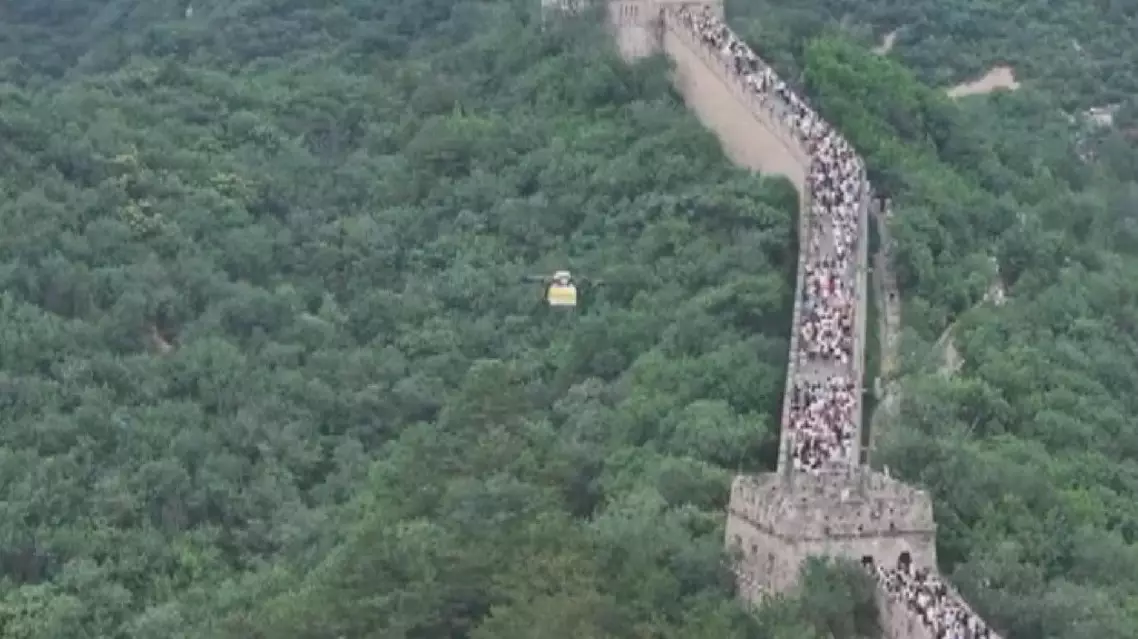
Smart tourism in China attracts global visitors
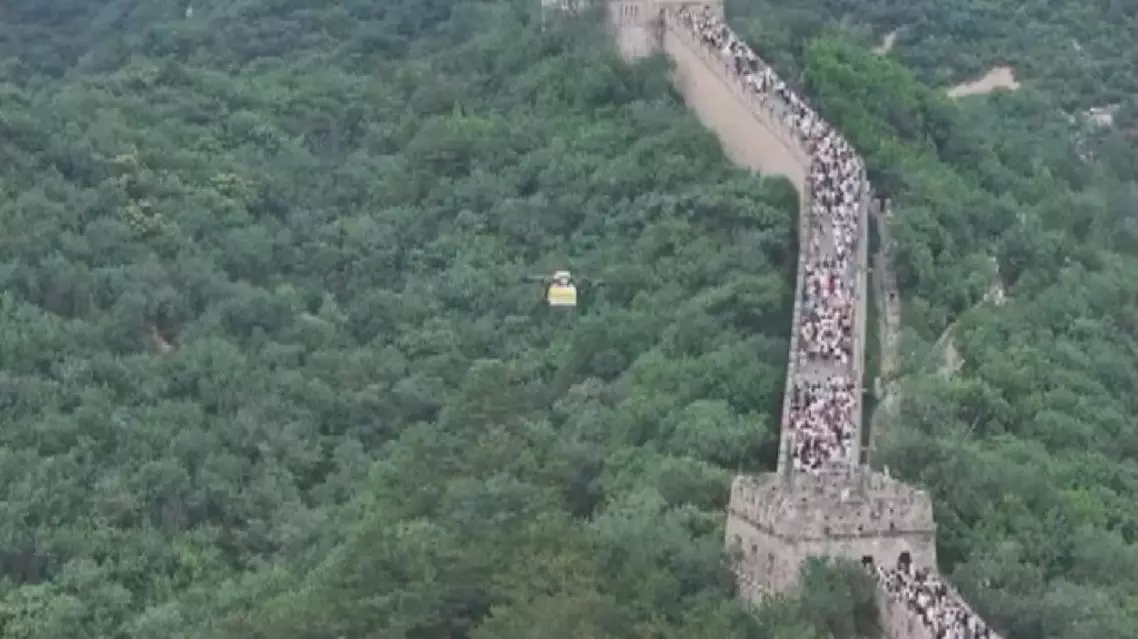
Smart tourism in China attracts global visitors


